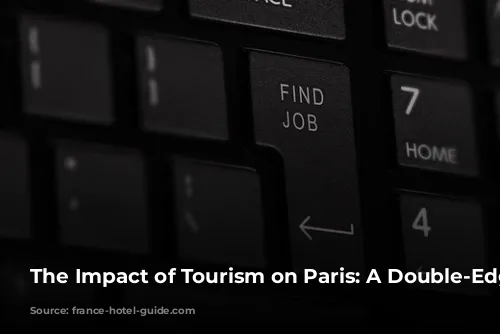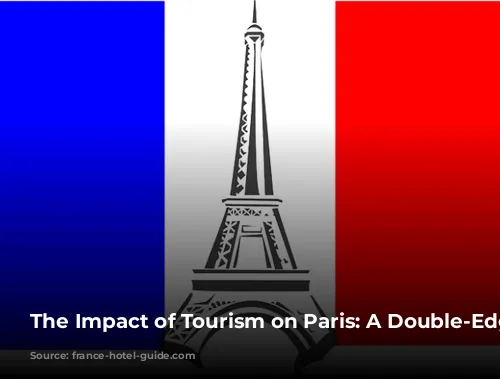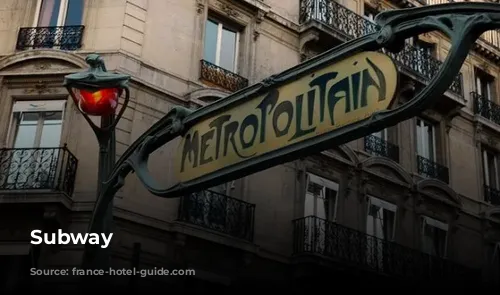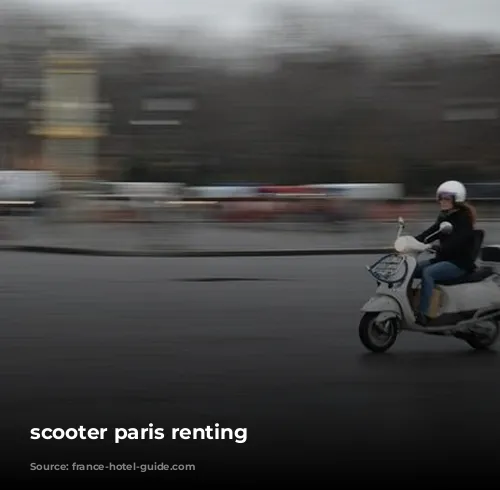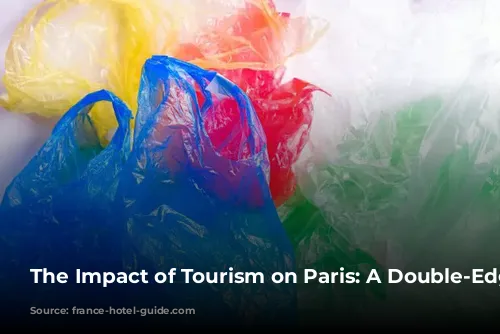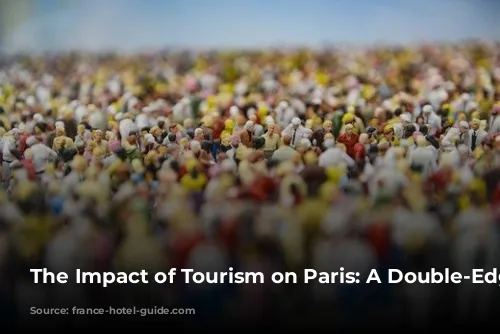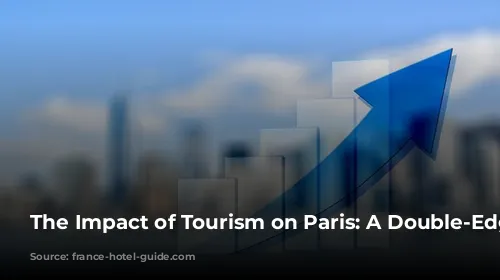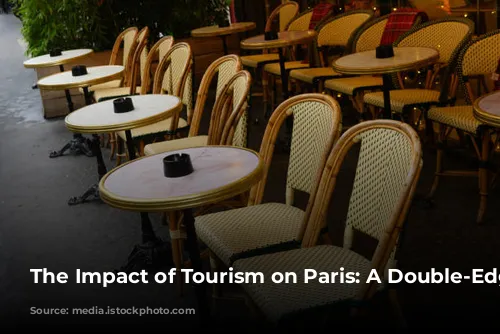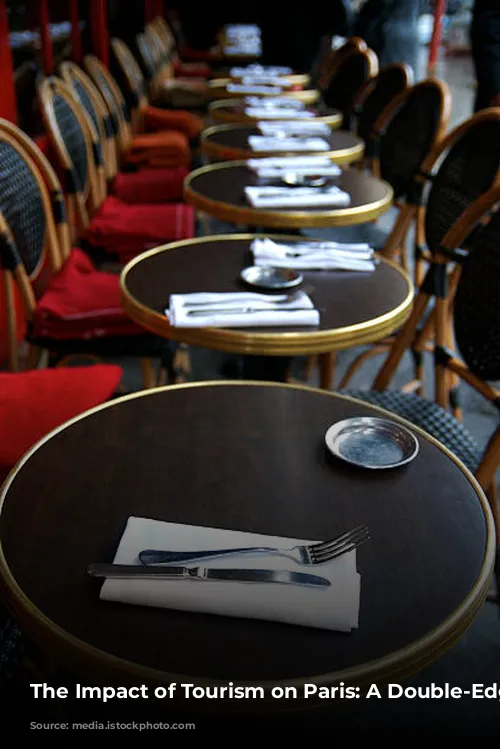Tourism is a powerful force, bringing economic prosperity to many destinations while also presenting unique challenges. Paris, the City of Lights, is a prime example of this duality. While tourism fuels its economy, it also creates tension between the city’s residents and the influx of visitors.
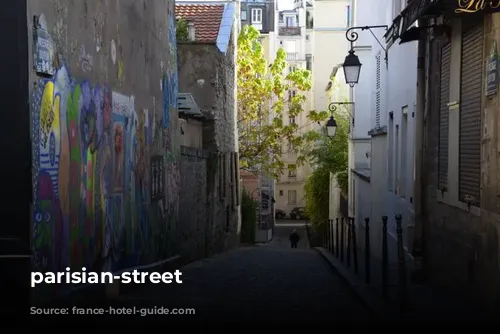
Economic Benefits: A Booming Industry
Tourism is a vital engine of the French economy, with France standing as the world’s leading tourist destination. In 2018 alone, nearly 89.3 million international travelers visited France, including a staggering 50 million who ventured to the Île-de-France region, which includes Paris. This influx of visitors generated a substantial 153.3 billion euros in tourism spending, with accommodation and transportation being the primary expenditures.
Tourism directly benefits a wide range of businesses, including restaurants, cafes, museums, and landmarks. These sectors enjoyed significant revenue from tourists in 2018, with restaurants and cafes alone earning approximately 17 billion euros.
Beyond financial gains, tourism creates a multitude of jobs, contributing to the overall prosperity of the country. The Banque des Territoires estimates that tourism-related employment in France reaches a remarkable 2.87 million jobs. These positions are diverse, spanning souvenir shops, department stores, airports, restaurants, bars, museums, landmarks, travel agencies, and hotels.
This surge in employment directly benefits Parisians, providing them with more opportunities to find work. The creation of new jobs contributes to a decrease in unemployment rates, although many of these positions are seasonal and often filled by students or temporary workers.
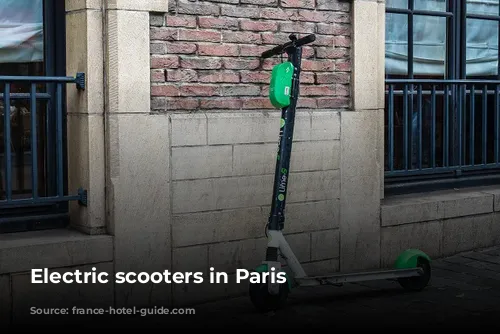
Cultural Exchange: Bridging the World
The arrival of tourists from across the globe facilitates the sharing of France’s rich cultural, historical, and artistic heritage. Paris, with its iconic landmarks like the Eiffel Tower, Notre-Dame Cathedral, and the Louvre Museum, has become a global symbol of French culture. Visitors get to experience firsthand the charm of Parisian cafes, the allure of luxury fashion boutiques, and the captivating beauty of the city’s architecture.
Travel, in itself, is a transformative experience that fosters cultural exchange and understanding. When tourists and locals interact, it sparks fascinating conversations and provides opportunities to gain new perspectives. It allows individuals to step outside their comfort zones and realize that their view of the world may not be universally shared.
Environmental Challenges: A Price to Pay for Popularity
However, tourism’s positive impact is not without its environmental cost. The Ministry of Ecological Transition reports that tourism contributes to 5% of global greenhouse gas emissions. In France, the ADEME, the French Environment and Energy Management Agency, estimates that tourism was responsible for 118 million tonnes of CO2 emissions in 2018, an amount equivalent to the emissions of 11 million French citizens over a year.
Transportation and accommodation are the primary sources of these emissions, with air travel accounting for a significant portion of transport-related emissions. The resulting air pollution contributes to global warming and degrades air quality, particularly impacting those residing in urban centers like Paris.
These environmental concerns are exacerbated by the city’s high population density. Paris, with its 2,175,601 inhabitants packed into a relatively small area of 105 km², experiences a density far greater than New York City. The influx of tourists adds to the city’s already congested environment, straining infrastructure and increasing pollution levels.

Social Strain: A Balancing Act
While tourism brings economic benefits and cultural exchange, it also poses social challenges for Parisians. The city’s popularity attracts a constant influx of visitors, creating a sense of overcrowding and noise pollution. Many Parisians feel like they are increasingly losing their city to tourists. As accommodations are converted into Airbnbs and hotels, locals struggle to find affordable housing. This surge in demand contributes to rising rental prices, pushing many Parisians out of their neighborhoods and into the suburbs.
The social impact of tourism is multifaceted. Many locals feel their neighborhoods are losing their character and authenticity, with an influx of tourists replacing familiar faces. This can lead to a sense of displacement and a feeling of losing one’s identity. The constant presence of tourists, though enriching for some, can also create a sense of unease for those who live in the city.
Tourism is a powerful force with both positive and negative impacts. Paris, like many other popular tourist destinations, faces the challenge of balancing the economic benefits of tourism with the social and environmental costs. While it’s crucial to embrace cultural exchange and economic growth, it’s equally important to ensure the well-being of residents and preserve the environment for future generations. Striking a balance between tourism and the needs of the local population is an ongoing challenge, requiring thoughtful policies and sustainable practices.
